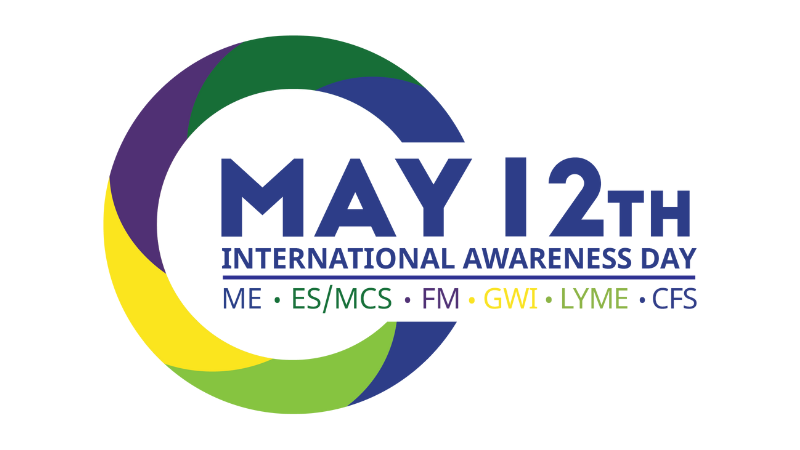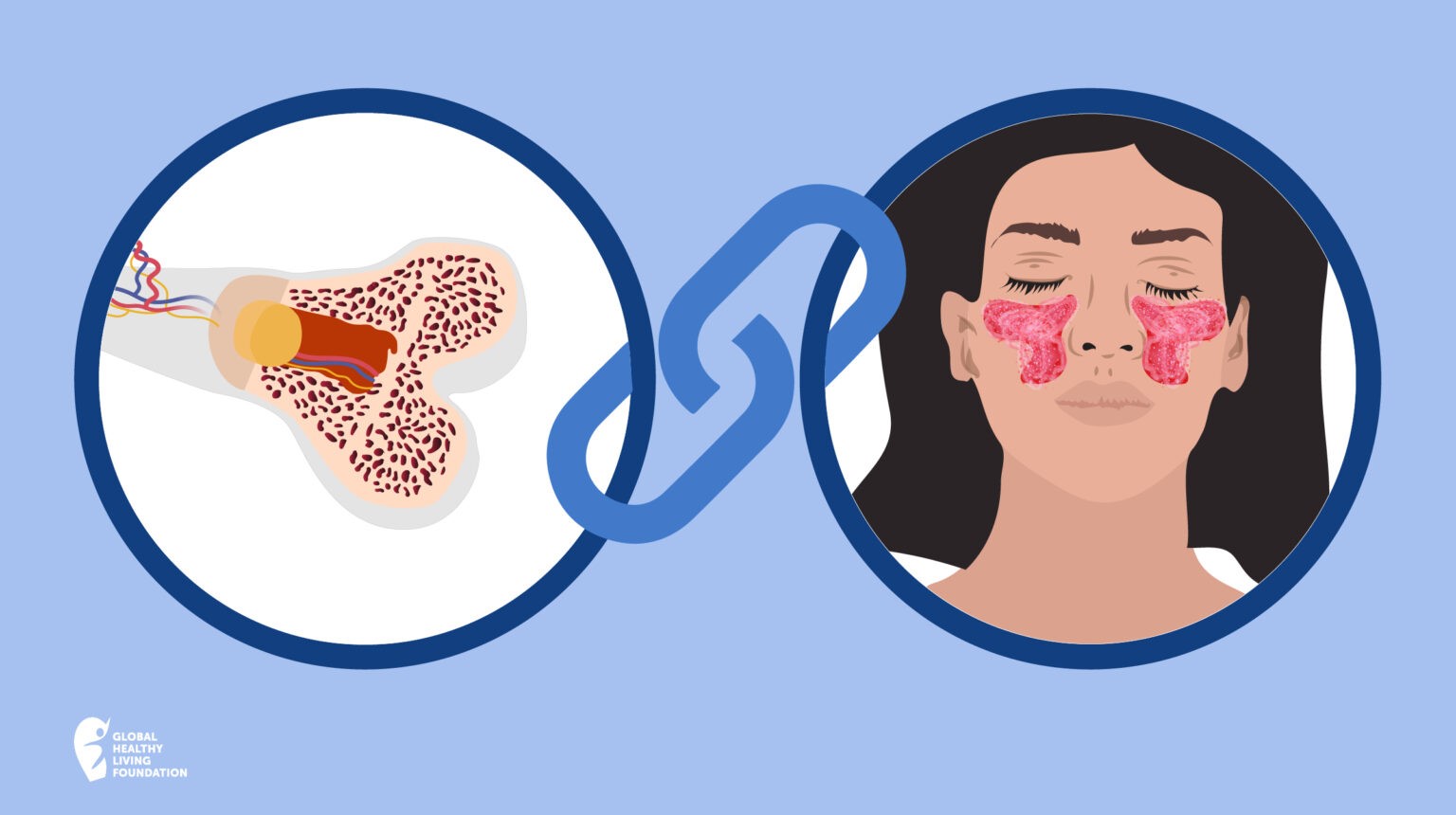Anti-Inflammatory Diet
While there is no special diet for rheumatoid arthritis, researchers have identified certain foods and supplements that may be helpful. One group of foods that reduce inflammation, called anti-inflammatory foods, has shown promise in some studies. Anti-inflammatory foods contain compounds that help control inflammation in the body, which is a hallmark of RA. These foods comprise what is known as the anti-inflammatory diet, sometimes also referred to as the Mediterranean diet.
Before beginning any new dietary or supplement regimen, it’s important to talk to your doctor.
What’s in the Mediterranean Diet?
- Fruits and Vegetables – Fruits and vegetables contain antioxidants that can help reduce inflammation. Specifically, green leafy vegetables rich in vitamin K like spinach, kale and broccoli dramatically reduce markers in the blood that indicate inflammation. Research has also shown that cherries, strawberries and other red and purple fruits have an anti-inflammatory effect.
- Whole grains – There is some evidence that whole grains, such as brown rice and quinoa, may help lower an indicator of inflammation in the body called C-reactive protein (CRP), which sometimes goes up during an RA flare. CRP can be measured through a blood test. Whole wheat pastas and breads offer the additional benefit of the antioxidant selenium, which can be low in some people with RA.
- Beans – Beans are helpful in two ways. First, they are loaded with beneficial protein that helps preserve muscle health. This is important for people with RA and osteoarthritis because muscles help support the joints. Beans are also loaded with fiber and phytonutrients, which help lower CRP.
- Nuts and Seeds –There are many studies that confirm the anti-inflammatory properties of nuts and seeds. One study published in The American Journal of Clinical Nutrition in 2011 found that men and women who consumed the most nuts over a 15-year period had a 51 percent lower risk of dying from an inflammatory disease like RA compared with those who ate the fewest nuts.
- Olive oil – Olive oil, particularly extra virgin olive oil, has been shown to lower the amount of chemicals in the body that cause inflammation, in much the same way that ibuprofen does. Drizzle it over salads or use as a low-fat alternative to other cooking oils and butter. Extra virgin olive oil is best because it is less processed compared to other types, and thus has more nutrients.
- Oily fish and fish oil (from cold water fish such as salmon, herring, cod, trout and sardines)
Why Fish Oil?
Fish oil is an excellent source of omega-3 fatty acids, which the body converts to powerful anti-inflammatory chemicals. Fish oil has been studied extensively in RA and other inflammatory conditions. Studies have shown that fish oil can relieve joint tenderness and morning stiffness, reduce the duration of morning stiffness and reduce disease activity in people with RA. For some people, it has allowed them to lower the amount of conventional medicine they take for their RA. Early studies show that fish oil may have similar effects in people with osteoarthritis.
Some evidence suggests that the positive effects of fish oil supplements are enhanced when fish oil is consumed in combination with olive oil. Since it is difficult to get enough fish oil from food alone, people with RA should consider fish oil capsules with at least 30 percent EPA/DHA.
It’s important to talk to your doctor about the right dosage of fish oil for you if you choose to start taking it. Higher doses of fish oil may interact with certain drugs, including those for high blood pressure.
Helpful Vitamins and Supplements
- Folic Acid – It is often advised that RA patients taking methotrexate should supplement with folic acid, a B vitamin that helps your body make red blood cells, to ward off the drug’s gastrointestinal side effects including nausea, vomiting and mouth ulcers.
- Calcium and vitamin D – These are important additions to the diet, especially for people taking corticosteroids, which can cause bone loss.
- Curcumin – Found in turmeric, an ingredient in curry, it may be helpful in reducing RA symptoms.
- Ginger and Green Tea – Research is ongoing, but preliminary studies show they may be helpful in managing RA.
- Glucosamine and chondroitin – The benefits of these cartilage supplements in RA are unproven.
For more, check out these anti-inflammatory diet tips from Chloe McLeod, one of the authors of the published eBook: “Anti-inflammatory eating: Recipes from your dietitian’s kitchen.”





